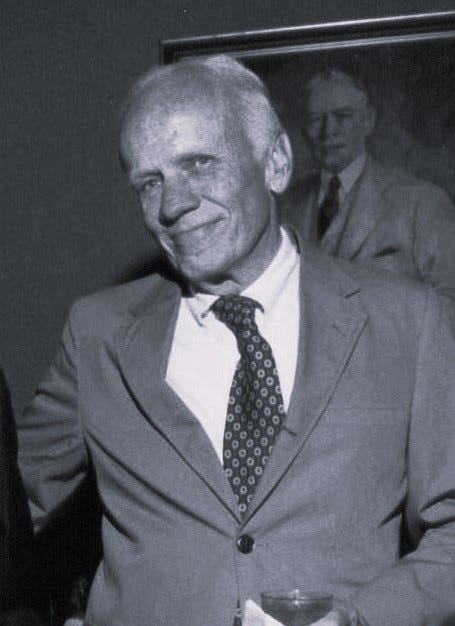The Signs of the Times
Signposts in a Strange Land
When I woke up this morning, this email was sitting in my inbox. It was written by my dear friend and Deacon, Tracy Jamison. He gave me permission to post. Thank you Deacon Tracy. Please note that he references Walker Percy’s essay titled, “Why Are You a Catholic?” If you have not read this essay, please do so. The essay is in Percy’s Signposts in a Strange Land. You can find it at Amazon or any local book retailer.
You can read the essay at the link below from from Crisis Magazine.
Without faith in God it is impossible to sustain public morality and general respect for the inherent dignity of the human person
Even George Washington and Immanuel Kant understood that justice in the republic requires that the people maintain faith in God. Young people for the most part in our nation no longer have faith in God, and you can see the effects of the lack of faith all around you. Any nation that is not under God is not indivisible. The future will be difficult. Christendom is gone, both in Europe and in the United States of America. Secularism has taken over. Benedict XVI predicted that the Church of the future will be small, poor, and purged of nominal disciples. He also predicted that the hearts of the lost will once again begin to appreciate the Church when they eventually find themselves miserable, oppressed, and horrified in a totally planned world. Most young people have to learn the hard way the necessity of putting God first in their lives, and they are not naturally inclined to value the unborn and the elderly. The good news is that as life becomes more miserable the hearts of people become more open to signs from God. On this dynamic, see Walker Percy, “Why Are You a Catholic?”
The existence of God and the providence of God, as well as the basic precepts of moral law, are knowable by reason alone. If such truths are not evident to us, they can always be made evident to us from what is necessarily evident to anyone who reasons. That was the task of the many philosophers who defined the moral and political philosophy of the West, such as Boethius in The Consolation of Philosophy. These truths are also knowable by divine revelation and religious faith, and God reveals himself to us in many ways, but divine revelation and religious faith are not the basis for philosophy and civil law. Civil law is based in natural human knowledge of the common human good. Secularism is the incoherent proposal that the common human good can be defined and pursued apart from God. Human reason itself is opposed to secularism and tells us that God exists and that without God there is no happiness. The United States of America was founded as one nation under God—not under any particular revealed religious doctrine about God, but under God as naturally known as the author of natural moral law.
In God We Trust is an article of reason as well as an article of faith.
A nation must have a civil cult of reason and natural law, just as a religion must have clerical cult of faith and revealed law. Civil law is ordered to the natural common good, and religious law is ordered to the supernatural common good. Everyone who denies the existence and goodness of God falls into a contradiction. God alone is necessary and sufficient for human happiness. The existence of God is the metaphysical foundation of scientific truth as well as religious truth, and the goodness of God can be known by reason as well as faith. Every citizen of every nation in every age has the inalienable moral right and duty to acknowledge God and to trust in God. Moral rights and duties are grounded in human reason and human nature, not in any religious confession of faith, and certainly not in any national consensus or majority. Any nation or religion that contradicts our perennial human knowledge of God and the natural moral law is opposed to the common good. There is no obligation in conscience to obey civil laws which are opposed to the common good and the inherent dignity of the human person. Indeed, there is a grave and clear obligation to oppose such laws by conscientious objection.
Deacon Jamison



